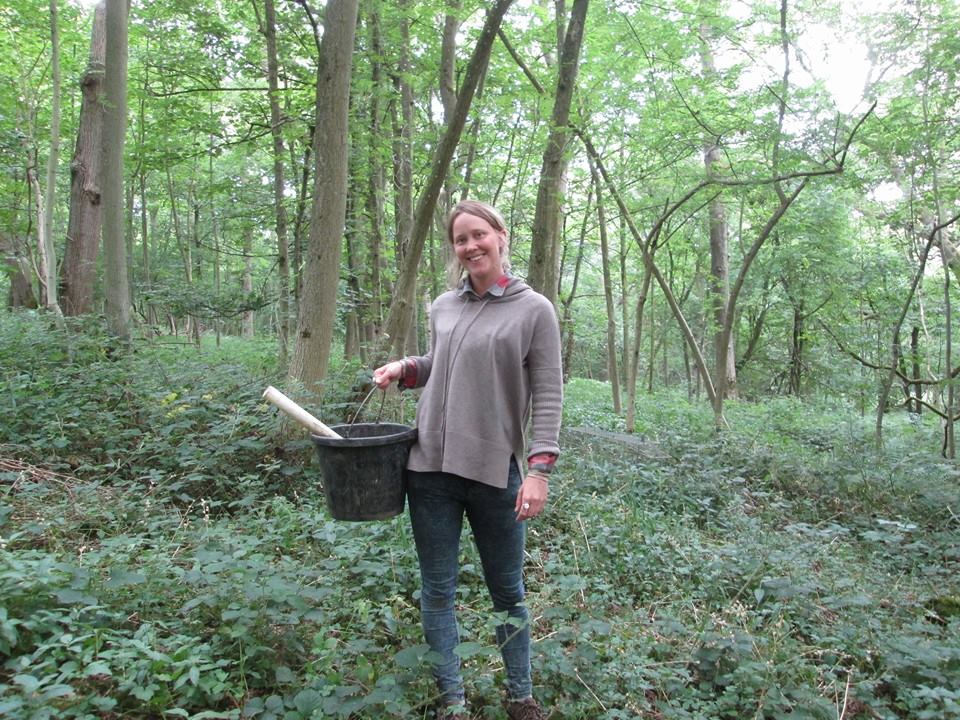Badgers

Studying STDs in badgers as a model for wild mammals
Sexually transmitted diseases (STDs) of bacterial as well as viral origin can adversely affect the health and reproductive success of our wildlife and livestock. This project looks at their effect on badgers.
The problem
The bacterium Chlamydia has been shown to decrease fecundity in koalas and cause abortion and infertility in goats, sheep and cattle. Although reabsorption of foetuses, abortion, still birth, and even infertility are recognised as regular occurrences in the reproductive system of wild badgers, a potential involvement of Chlamydia has yet to be investigated.
A novel herpesvirus, Mustelid herpesvirus-1 (MusHV-1) has been identified in European badgers from the South of England, France, and the Republic of Ireland. As MusHV-1 is closely related to herpesviruses that cause immunosuppression and respiratory disease, it is likely that MusHV-1 infection will have similar effects also on badgers. But despite the far-reaching implications on animal health, welfare and conservation, little is understood about STDs in badgers or mammals in general.
The solution
The life histories of the badgers of Wytham Woods, Oxfordshire, have been recorded extensively since the 1980s
Our intern Alice Kent (supervised by WildCRU at Oxford University) will be investigating Chlamydia and MusHV-1 in the badger population of Wytham Woods, Oxfordshire, to understand the potential implications for female reproductive success and immunology (especially in light of bovine TB also).
She will be collecting and analysing samples from female adult badgers and cubs to understand the diseases better and the potential for cub infection prior to sexual maturity. Any effects on cub survival will be evaluated.
Potential findings will be related to life history traits to investigate factors that might contribute to STD infections. Using badgers as a model species will increase our knowledge of the epidemiology of STDs in wild mammals, including other mustelids, many of which are of conservation concern.
Latest update
To date Alice has looked for the presence of Chlamydia in extracted DNA samples of 99 individual badgers that they caught over the spring and summer trapping sessions. Small quantities of each sample have also been shipped to the Robert Koch Institute in Berlin, where samples will be screened for herpes viruses, including MusHV-1 which was prevalent (98.1%) in their study population, from Wytham Woods, during 2009-2010. The presence and intensity of any infections will then be linked to life-history traits of the badgers.
